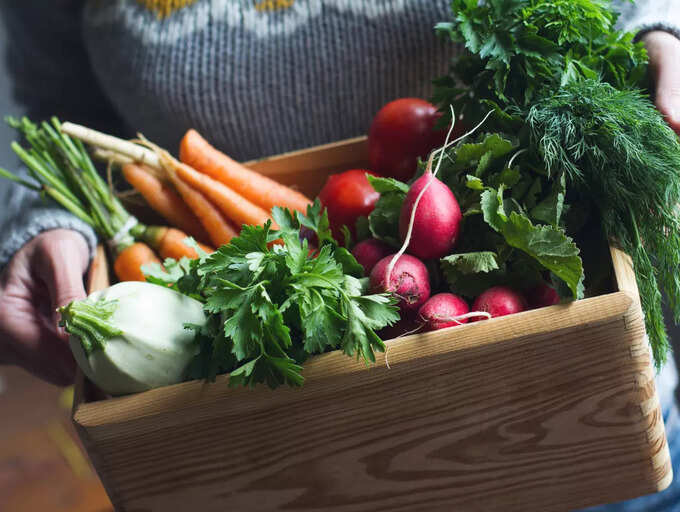
If you’d like to start the new year off strong, make a resolution to get enough of these powerful nutrients. They’re proven to support overall health across lifespan – including immunity and brain development, muscle mass and strength, bone health and more. Dr. Irfan Shaikh, Head Adult Nutrition, Scientific & Medical Affairs, Abbott’s Nutrition business shares sources of these nutrients and the foods that can be consumed to keep your optimal levels on track:
Calcium
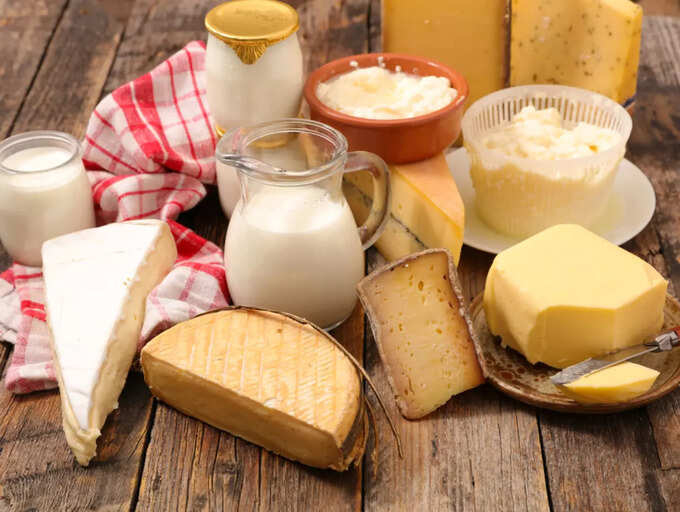
An impressive 99% of the body’s calcium is found in bones and teeth, making this mineral critical for bone and dental health. Calcium also helps muscles contract, aids in blood clotting, and helps our brains and nerves communicate with each other. Dairy products like milk, yogurt, and cheese are the most obvious calcium rich food sources. In addition to this you can also include non-dairy foods like tofu, leafy greens, and beans can also be added to your diet on a daily basis to ensure calcium intake.
Protein
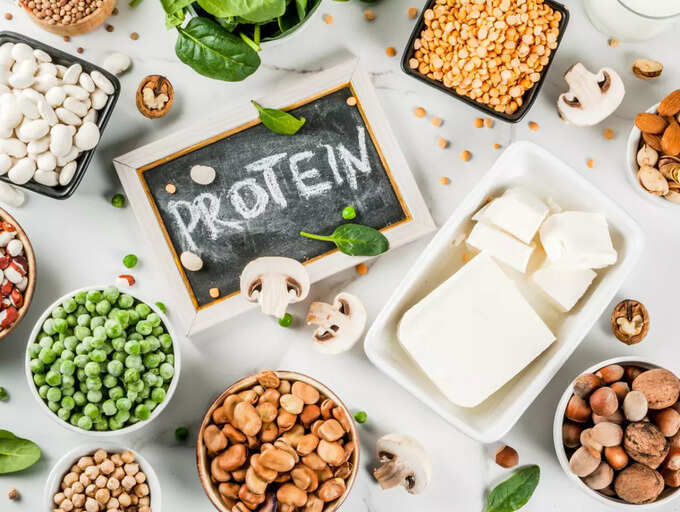
Provides the building blocks for each and every cell in the body like muscles, bones, hormones, antibodies etc. Consuming 0.8 to 1g/kg body weight of high-quality protein per day helps build muscle and may help you feel fuller for longer between meals. While eggs are an excellent source of protein, foods such as chickpeas, cottage cheese, quinoa, Greek yogurt, peanuts, and almonds also help increase protein intake. Not to forget dairy and dairy products.
Vitamin A
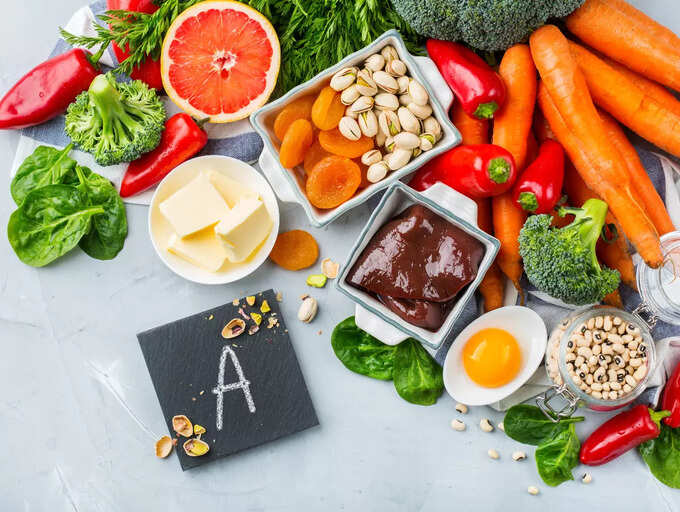
Known as the “anti-infective vitamin”, this nutrient keeps the skin, mouth, stomach, and lungs healthy so they can better fight infection. It’s also key for sharp vision. Consume it with some fat for better absorption. Sweet potato, pumpkin, carrots, and spinach are loaded with Vitamin A.
DHA Omega-3
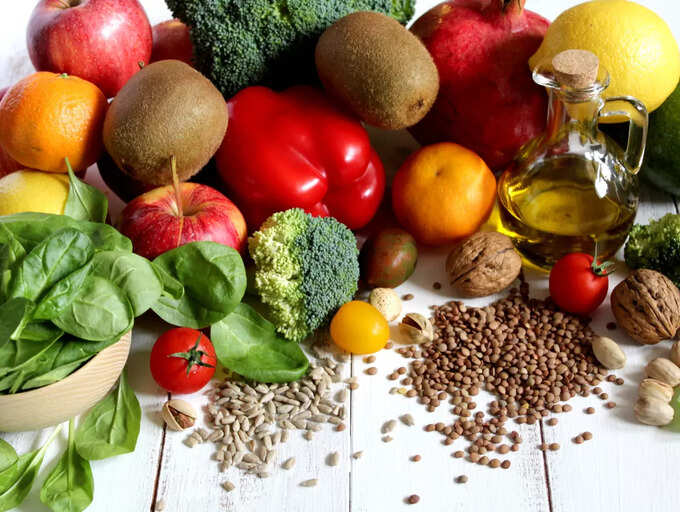
This unique fat found mainly in seafood, nourishes our brains and keeps eyesight sharp. Fatty fish is an excellent dietary source of omega 3. You can also meet the recommended omega 3 intake by eating plant-based foods, such as omega-3-rich vegetables, nuts, and seeds. For vegetarians, Seaweed, nori, spirulina, and chlorella are different forms of algae that many people consume for their health benefits.
Vitamin C
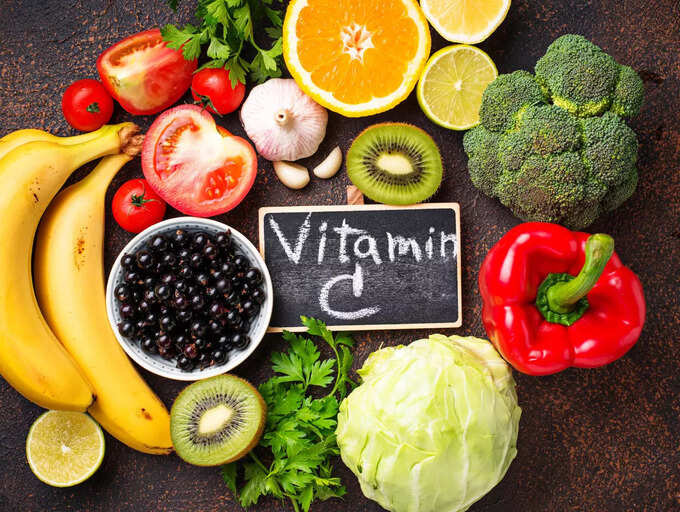
Acts as an antioxidant protecting cells from damage. It also helps protect against anemia by helping us absorb more iron from plant foods. Oranges are best known for their source of Vitamin C. However, apart from that, certain foods power-packed with Vitamin C are kiwis, strawberries, broccoli, tomatoes, cauliflower, and red peppers.
Selenium
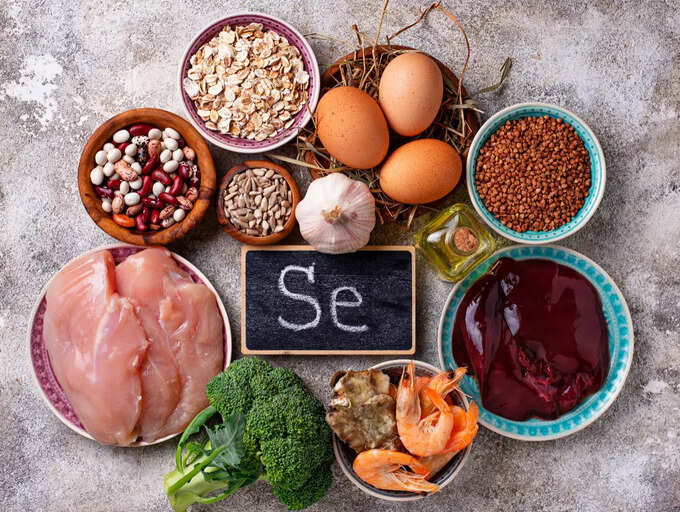
Selenium works as an antioxidant nutrient to protect cells from damage caused by free radicals. This mineral is also important for reproduction and proper thyroid function. Milk and yogurt each contain about 8 mcg of selenium per cup, or 11 percent of your daily needs. Apart from this, there are bananas, cashews, lentils, and spinach that are loaded with this nutrient.
Choline
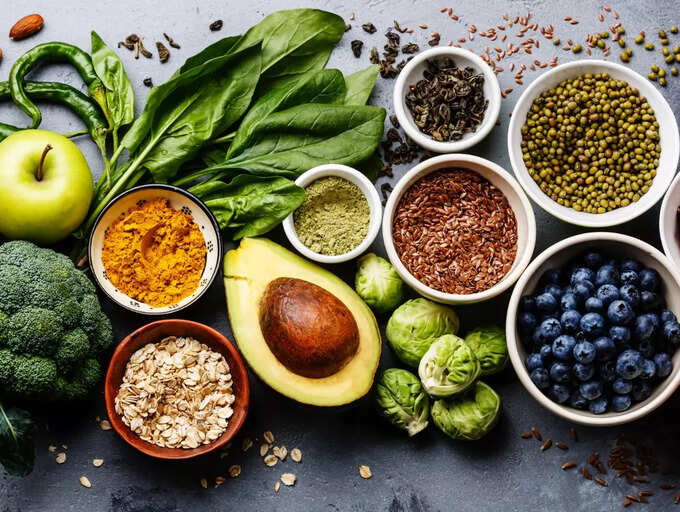
Our brains and nervous system depend on choline for memory, mood, and muscle control. But most of us don’t consume enough of it, especially pregnant women, who need extra choline to help aid their child’s development. The main dietary sources of choline consist primarily of animal-based food such as meat, poultry, fish, dairy products, and eggs.
Vitamin D
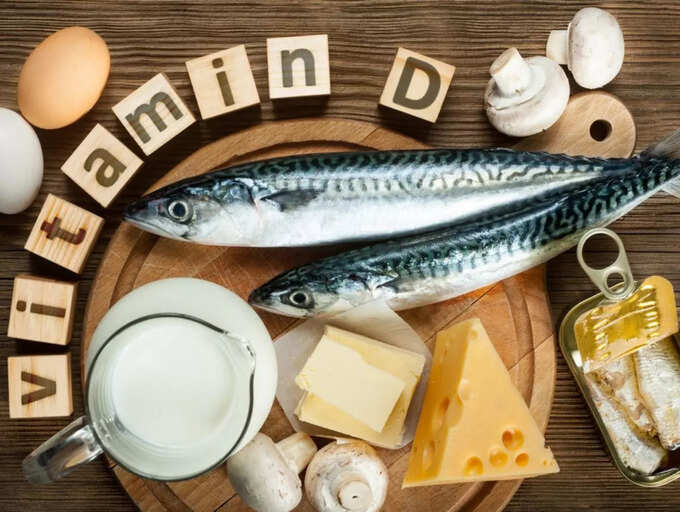
This multitasking nutrient helps our bodies absorb calcium and it promotes a strong immune system. Even though we can make vitamin D from sunlight, hence also called as ‘sunshine vitamin’ it can be found in foods as well. There are few foods are naturally rich in vitamin D3. Some of the sources are flesh of fatty fish and fish liver oils, egg yolks, orange juice and cheese.
Vitamin E
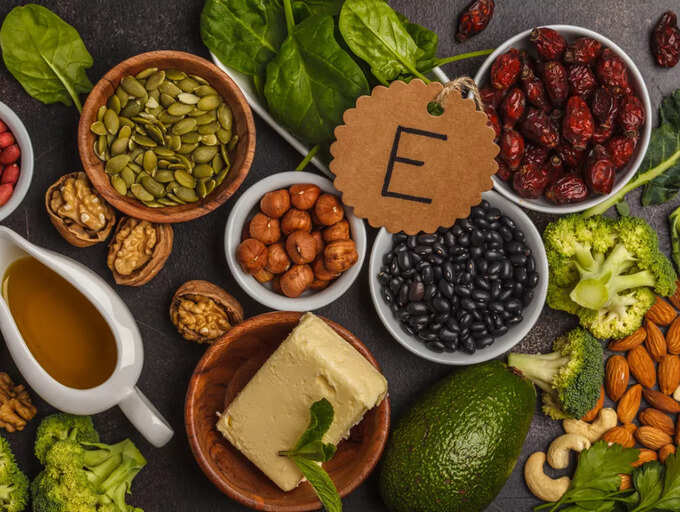
Helps your body to defend against free radicals and supports a healthy immune response. Vitamin E is a common nutrient found in most foods. A few foods, including cooking oils, seeds, and nuts, are exceptionally rich sources.
Zinc
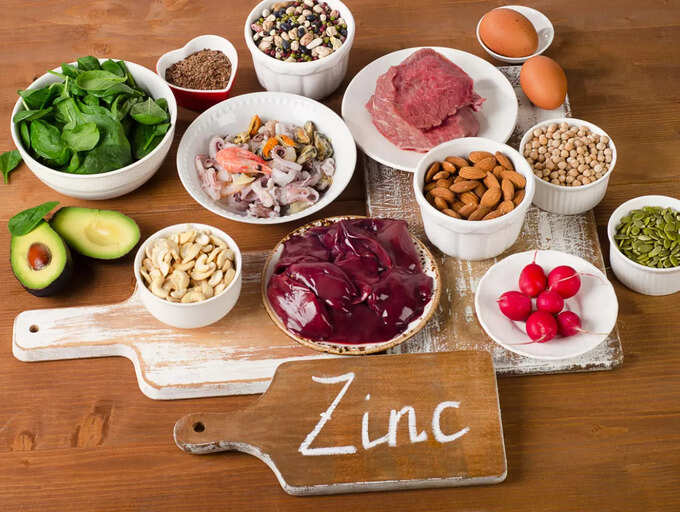
Keeps immune cells strong and healthy and helps with wound healing. Zinc is also critical for proper growth and development, especially during childhood, adolescence, and pregnancy. Meat is an excellent source of zinc especially red meat. For vegetarians, food like chickpeas, lentils and beans all contain substantial amounts of zinc. Seeds are also a healthy addition to your diet and can help increase your zinc intake.
Fluids and Electrolytes

Don’t forget fluids! They lubricate joints, keep cells and tissues healthy, remove waste products and regulate body temperature, especially when you’re sick. Consuming liquids that contain electrolytes — like sodium, potassium and chloride — helps the body hold on to fluids for even better hydration. Many foods and drinks contain electrolytes including leafy green vegetables like spinach, kale and fruits like bananas, prunes, and dried apricots. Apart from this, beans, lentils, nuts, sand seeds also contain substantial levels of electrolytes.
